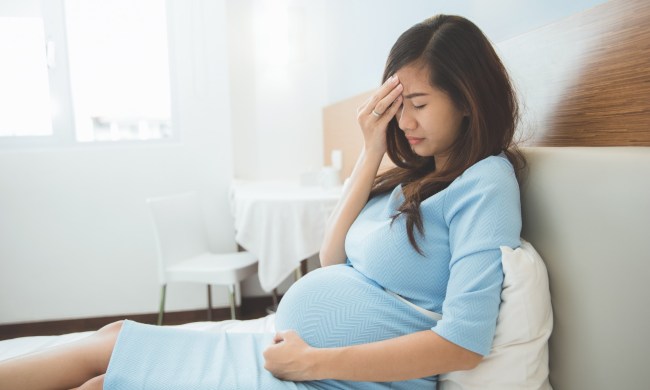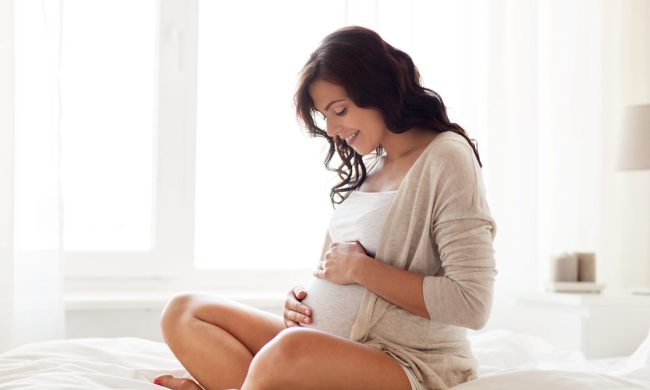
Pregnancy is exciting, but it can also be a bit overwhelming, especially if it’s your first pregnancy. Pregnant women are inundated with “advice” from everyone including friends, family, and even well-meaning strangers. They tell them what they can and can’t eat, how often they should exercise, and whether it’s safe to drink any alcohol at all.
Those who enjoy the occasional glass of wine in the evenings or like to order a cocktail when out to dinner may find themselves wondering how much (if any) wine they can drink while pregnant. Is there a safe amount to drink at certain stages of their pregnancy, or should they simply become teetotalers until the baby is born?
Many suffer anxiety if they had wine before they found out they were pregnant, wondering if it could cause any harm to their unborn baby. Unfortunately, there isn’t one straightforward answer when it comes to how much wine you can drink while pregnant, but there is a lot of information out there to help you make an informed decision.
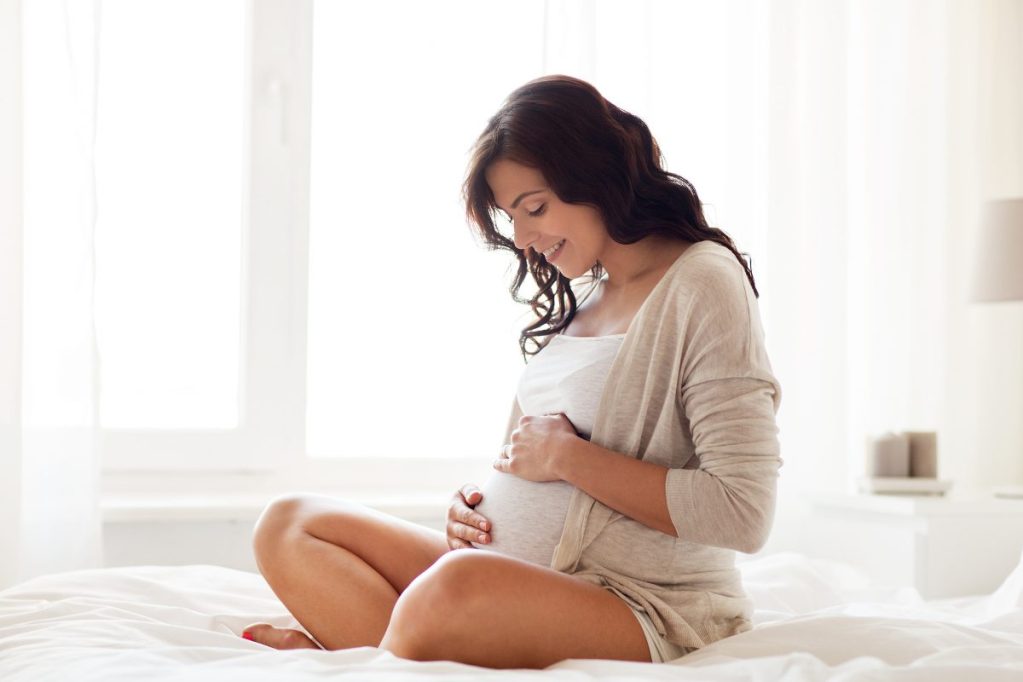
Can I have a glass of wine when pregnant?
Well, that depends on who you ask. Everyone knows that binge drinking and heavy drinking while pregnant can cause serious, long-term issues for the baby, but what about the occasional glass of wine over the holidays, during an evening out, or simply after a long day?
According to The American College of Obstetricians and Gynecologists, the American Pregnancy Association, and the American Academy of Pediatrics, alcohol just isn’t safe to consume while pregnant. “There is no safe way in which to drink wine or other alcohol while pregnant,” explained Daniel Roshan, MD, a New York City-based leading board-certified high-risk maternal-fetal OBGYN, to Very Well Family. “Alcohol is a known teratogen and cannot be considered safe for consumption during pregnancy in any amount.”
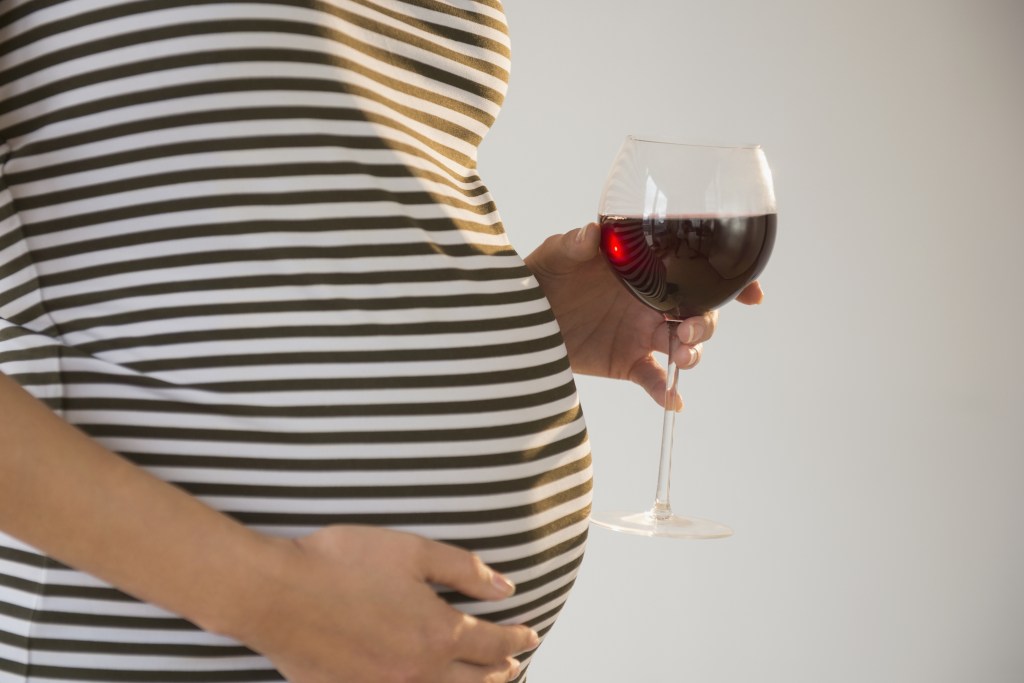
How many glasses of wine can you have while pregnant?
However, The Independent reported on a study out of the UK that found pregnant women could consume up to two glasses of wine per week without causing harm to their unborn baby. The study found that women who drank up to two glasses of wine per week were at an average of 8% higher risk of giving birth to a slightly smaller baby but that there was “limited evidence for a causal role of light drinking in pregnancy, compared with abstaining, on most of the outcomes examined.”
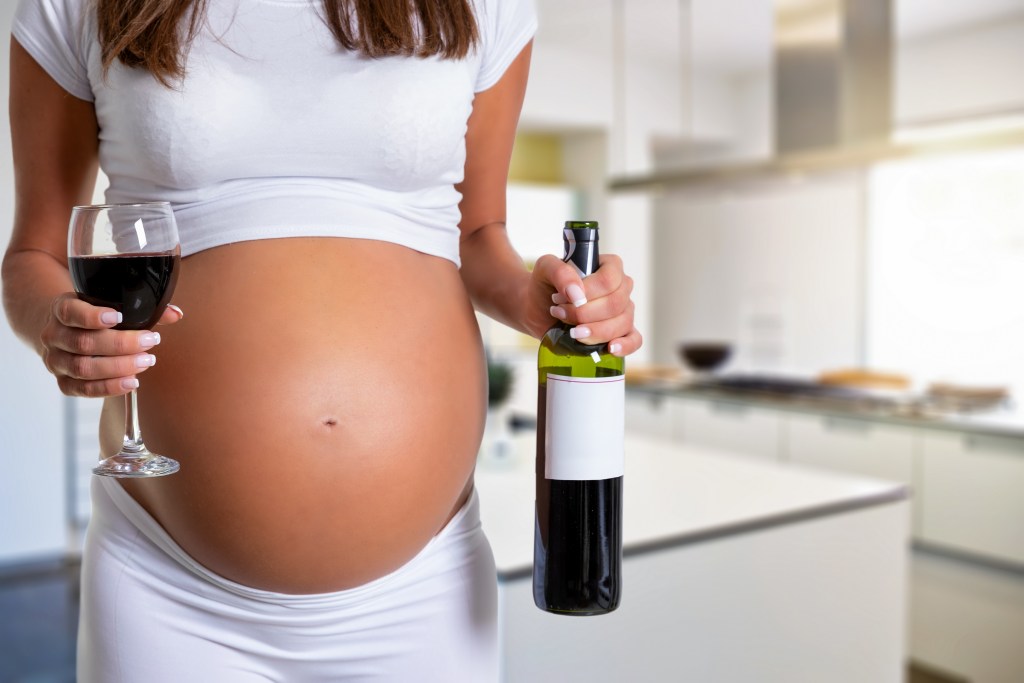
Will one glass of wine hurt my baby?
Most experts agree that there simply isn’t a “safe” amount of alcohol a woman can drink while pregnant. According to American Addiction Centers, exposure to alcohol during pregnancy can be linked to any of the following:
- Preterm delivery
- Miscarriage
- School birth
- Sudden Infant Death Syndrome.
- Birth defects resulting in cardiac, skeletal, skin, renal, and other urogenital abnormalities
- Low birth weight
- Postnatal growth retardation
- Cognitive, neurological, and behavioral disorders
- Craniofacial dysmorphia
- Reduced IQ
- Learning difficulties
“If you choose to continue drinking alcohol while pregnant, your baby is at high risk for fetal alcohol spectrum disorders which can range from mild to severe craniofacial malformation, preterm delivery, or spontaneous abortion as well as neurodevelopmental delays and behavioral issues,” Dr. Roshan cautioned.
“Drinking alcohol in the first three months of pregnancy can cause the baby to have abnormal facial features,” Harland Adkins, a registered dietitian nutritionist, and healthcare professional explained to Very Well Family while adding that drinking alcohol at any point during pregnancy can be harmful. “Growth and central nervous system problems like low birth weight and behavioral problems can occur from drinking alcohol anytime during pregnancy.”

What if you drank before you realized you were pregnant?
There are many women who find themselves in a panic realizing they have been drinking before they discovered they were pregnant. While that can be a stressful moment for many expectant moms, experts tend to agree that for the most part, as long as a pregnant woman abstains from alcohol once they discover the pregnancy there should be no cause for concern, although you will want to inform your doctor. As per the CDC, “because brain growth takes place throughout pregnancy, stopping alcohol use will improve the baby’s health and well-being.”
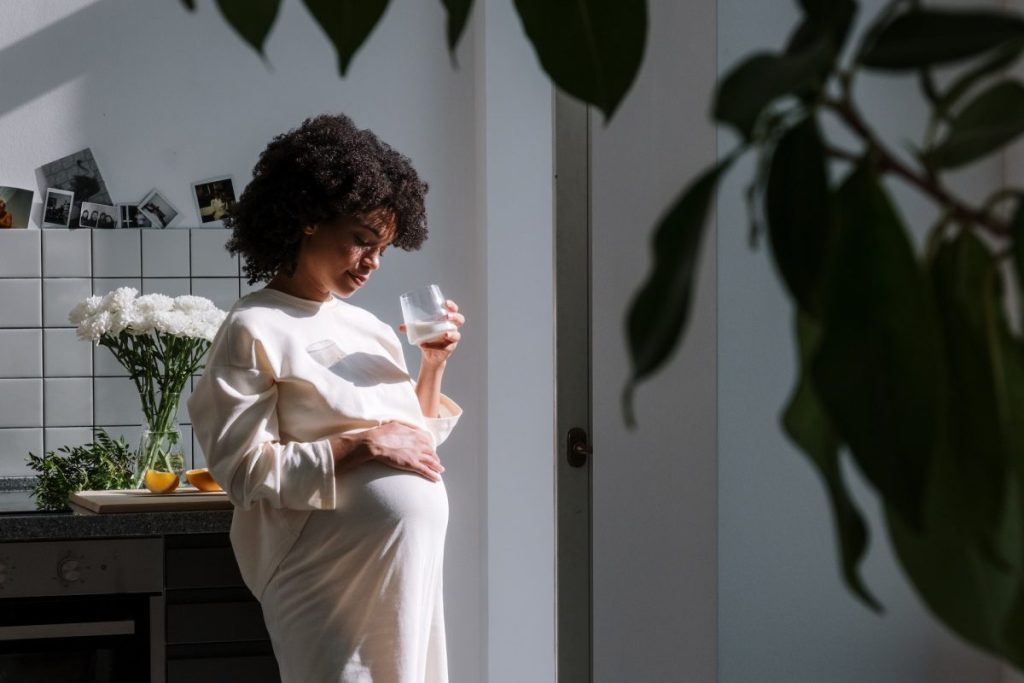
Can I have a glass of wine at 40 weeks pregnant?
You’ve made it to the end of a long pregnancy and you’re eager to finally meet your baby. And although it can be tempting to indulge in a glass of wine to relax, experts still note that there is no “safe” time to drink alcohol while pregnant. Some old wives’ tales used to propose a glass of wine to encourage labor, suggesting that by relaxing you will allow your labor to progress, but experts actually warn that having a glass of wine can have the opposite effect.
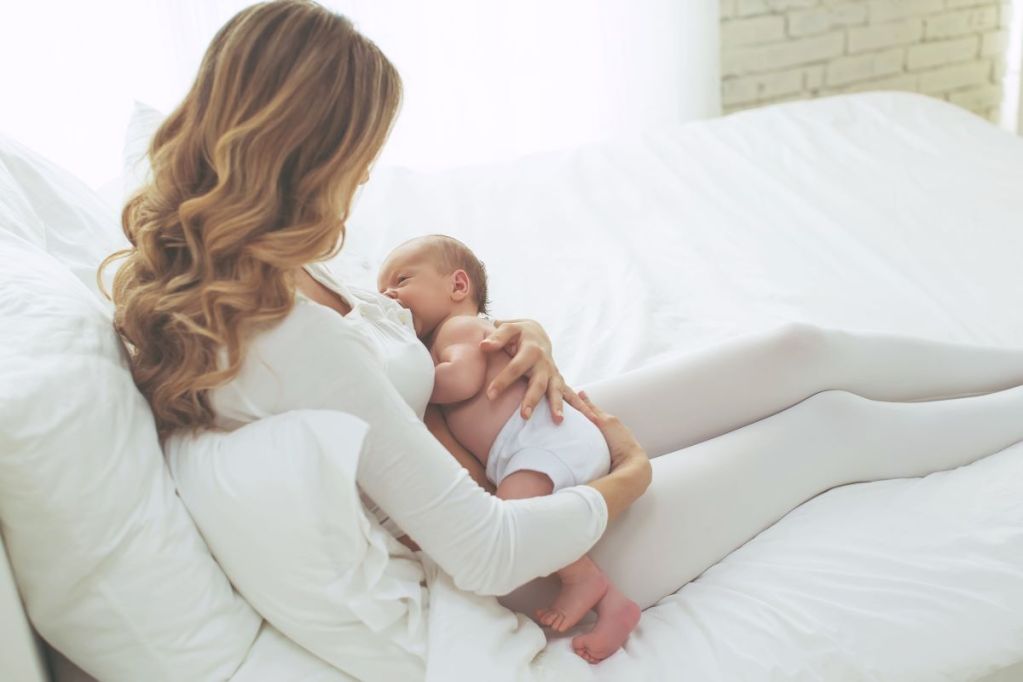
Can I have a glass of wine while breastfeeding?
Many people are excited to have that first glass of wine after welcoming their baby, but what happens if you’re breastfeeding? Unfortunately, just like with drinking while pregnant, experts agree there is no safe amount to drink while breastfeeding. The Mayo Clinic notes that while your baby is only exposed to a small amount of the alcohol you may consume, babies eliminate alcohol at a much slower rate than adults. There is no safe amount of alcohol you can consume while breastfeeding. However, if you time things well or are supplementing with pre-pumped breastmilk or formula, you can still enjoy a drink. They simply advise to wait for the alcohol to clear your breast milk before feeding your baby.
The general consensus among most experts is that more research needs to be done on the fetal effects of mild to moderate drinking during pregnancy. Until then, most health professionals recommend that pregnant women abstain from alcohol completely, noting that there is no safe amount of alcohol to consume while pregnant. Women must be given the opportunity to make their own decisions regarding what they choose to drink and should always consult their own doctor or medical professional to understand the risks associated with alcohol consumption while pregnant so they can make their own educated decisions.


